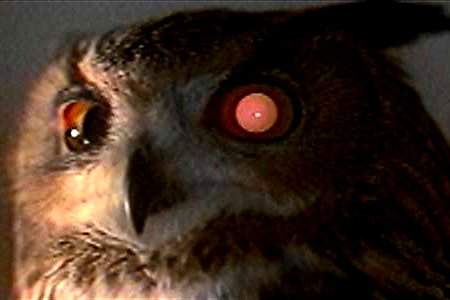Robot dogs could teach us about ourselves
 An Australian researcher says the idea of the household pet could undergo a big tech upgrade.
An Australian researcher says the idea of the household pet could undergo a big tech upgrade.
Robotic dogs are likely to replace the real thing in households worldwide in as little as a decade, according to University of Melbourne animal welfare researcher Dr Jean-Loup Rault.
He believes that as our infatuation with technology grows and more people migrate to high-density city living, the humble house cat could be replaced with a robotic equivalent.
Dr Rault argues in a paper in the latest edition of Frontiers in Veterinary Science that pets will soon become a luxury in an overpopulated world and the future may lie in chips and circuits.
“It might sound surreal for us to have robotic or virtual pets, but it could be totally normal for the next generation,” Dr Rault said.
“It’s not a question of centuries from now. If 10 billion human beings live on the planet in 2050 as predicted, it’s likely to occur sooner than we think. If you’d described Facebook to someone 20 years ago, they’d think you were crazy. But we are already seeing people form strong emotional bonds with robot dogs in Japan.
“Pet robotics has come a long way from the Tamagotchi craze of the mid-90s. In Japan, people are becoming so attached to their robot dogs that they hold funerals for them when the circuits die.”
Consumers looking for high-tech pets already have many choices.
From virtual pets to robot dogs and even artificial baby seals, the robot revolution is taking a cuddly form.
But the emergence of robotic pets is a double-edged sword, Dr Rault warns.
They can benefit people who are allergic to pets, short on space, in hospital, or scared of real animals, but the ethics of depending on a robot for companionship begs many deep questions.
“Robots can, without a doubt, trigger human emotions,” Dr Rault said.
“If artificial pets can produce the same benefits we get from live pets, does that mean that our emotional bond with animals is really just an image that we project on to our pets?”
As an animal welfare researcher, Dr Rault is particularly interested in whether a surge in popularity of disposable fake pets could lead to a shift in how humanity treats animals.
“Of course we care about live animals, but if we become used to a robotic companion that doesn’t need food, water or exercise, perhaps it will change how humans care about other living beings.”








 Print
Print